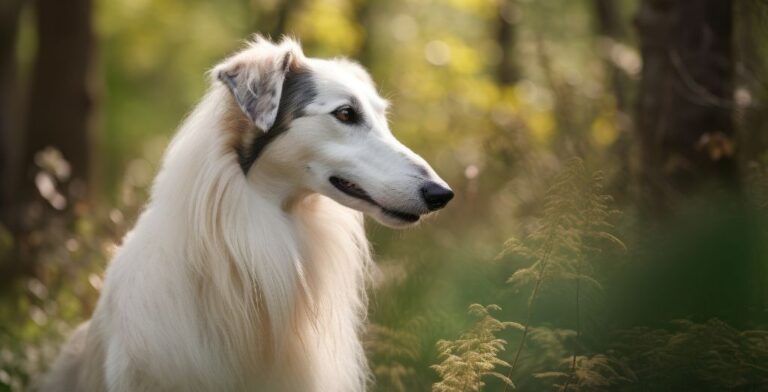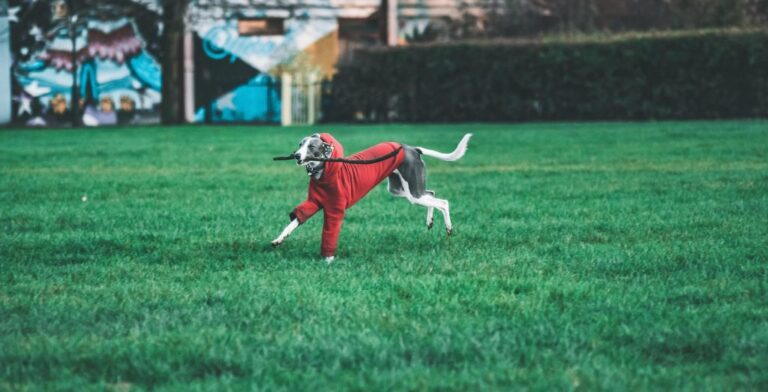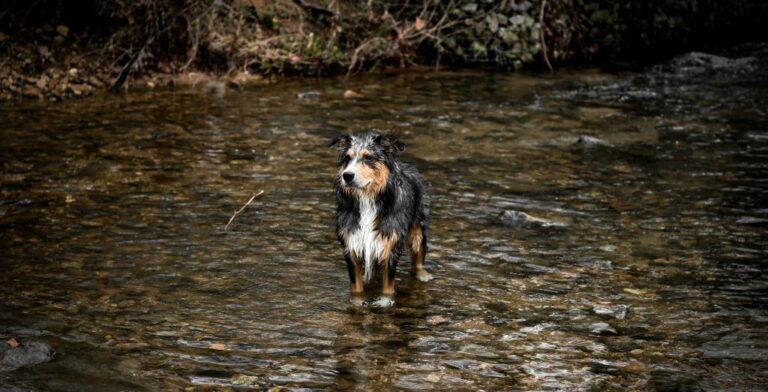Chiweenie: Breed Traits & Care Guide
The Chiweenie, a delightful mix between a Chihuahua and a Dachshund, has gained immense popularity among dog lovers. Known for their affectionate nature and compact size, Chiweenies make excellent companions for individuals and families alike. This article delves into the Chiweenie’s characteristics, temperament, care needs, and training requirements to help you determine if this breed is the perfect fit for your lifestyle.
Origin and History of the Chiweenie
The Chiweenie is a designer breed that emerged in the late 20th century as breeders sought to create a small yet sturdy companion dog. While the breed does not have a long-established history like its purebred parents, the Chihuahua and Dachshund both have rich backgrounds. The Chihuahua hails from Mexico and was revered by ancient civilizations, whereas the Dachshund was bred in Germany for hunting burrowing animals. The Chiweenie inherits characteristics from both parent breeds, resulting in a small yet lively and energetic dog.
Chiweenie Physical Characteristics
Size and Weight
Chiweenies are small-sized dogs, typically weighing between 5 to 12 pounds and standing 6 to 10 inches tall at the shoulder. Their small stature makes them ideal for apartment living.
Coat and Colors
Chiweenies can have short or long coats, depending on whether they inherit the coat type from the Chihuahua or Dachshund parent. Their coat colors vary widely, including shades of black, brown, cream, red, and fawn, sometimes with mixed patterns.
Ears and Tail
Chiweenies may inherit the floppy ears of a Dachshund or the upright ears of a Chihuahua. Their tails are often long and slightly curved, adding to their playful and animated look.
Chiweenie Temperament and Personality
Chiweenies are loyal, energetic, and affectionate. They form strong bonds with their owners and can be prone to separation anxiety if left alone for long periods. Here are some key temperament traits:
- Loyal and Protective: Chiweenies can be wary of strangers and act as small watchdogs.
- Energetic and Playful: Despite their small size, they have a high energy level and enjoy playing and exploring.
- Affectionate and Loving: They thrive on human companionship and love to cuddle with their owners.
- Stubborn Yet Intelligent: Chiweenies are smart dogs but may exhibit a stubborn streak, making consistent training essential.
Training and Socialization
Chiweenies require early socialization and training to develop into well-mannered pets. Since they inherit intelligence from both parent breeds, they can learn quickly but may also be strong-willed.
Training Tips for Chiweenies
- Positive Reinforcement: Use treats and praise to encourage good behavior.
- Consistency is Key: Establish clear rules and maintain them consistently.
- Early Socialization: Introduce them to different environments, people, and other pets from an early age.
- House Training Challenges: Due to their small size, they may be prone to accidents indoors. Crate training can be beneficial.
Exercise and Activity Requirements
Chiweenies have moderate exercise needs. Daily walks and playtime sessions are essential to keep them mentally and physically stimulated. Due to their small legs, they do not require extensive exercise but enjoy interactive games like fetch and agility training.
Ideal Activities for Chiweenies
- Short Walks (20-30 minutes per day)
- Indoor Playtime with Toys
- Training Exercises to Stimulate Their Mind
- Socialization with Other Dogs in a Safe Environment
Diet and Nutrition
A well-balanced diet is crucial for the overall health of a Chiweenie. Since they are prone to obesity, portion control is essential.
Feeding Guidelines
- High-quality dry kibble suited for small breeds
- Protein-rich diet to support their active nature
- Avoid overfeeding to prevent weight gain
- Freshwater should always be available
Grooming and Maintenance
Chiweenies are low to moderate maintenance dogs, depending on their coat type.
Grooming Needs
- Short-haired Chiweenies: Require weekly brushing
- Long-haired Chiweenies: Need brushing 2-3 times per week to prevent matting
- Regular Nail Trimming: Helps maintain paw health
- Ear Cleaning: Prevents infections, especially if they have floppy ears
- Dental Hygiene: Regular brushing prevents dental issues
Health Issues and Lifespan
Chiweenies are generally healthy dogs, but they may inherit certain genetic conditions from their parent breeds. Common health concerns include:
- Patellar Luxation: A common issue in small breeds where the kneecap dislocates
- Dental Problems: Due to their small mouths, they can develop dental disease
- Intervertebral Disc Disease (IVDD): Inherited from Dachshund parents, affecting the spine
- Hypoglycemia: Common in small breeds due to fast metabolism
Lifespan
With proper care, Chiweenies typically live 12 to 16 years, making them long-term companions.
Is a Chiweenie the Right Dog for You?
A Chiweenie can be a wonderful pet for the right owner. Consider these factors before bringing one home:
Pros:
- Ideal for small-space living (apartment-friendly)
- Loyal and affectionate companion
- Moderate exercise needs
- Requires early socialization and training
Cons:
- May develop separation anxiety if left alone too long
- Can be stubborn, requiring patient training
Conclusion
The Chiweenie is a small yet vibrant dog breed, perfect for those looking for a loyal and affectionate companion. Their playful nature, intelligence, and adaptability make them a great choice for many households. However, they require proper training, socialization, and care to thrive










